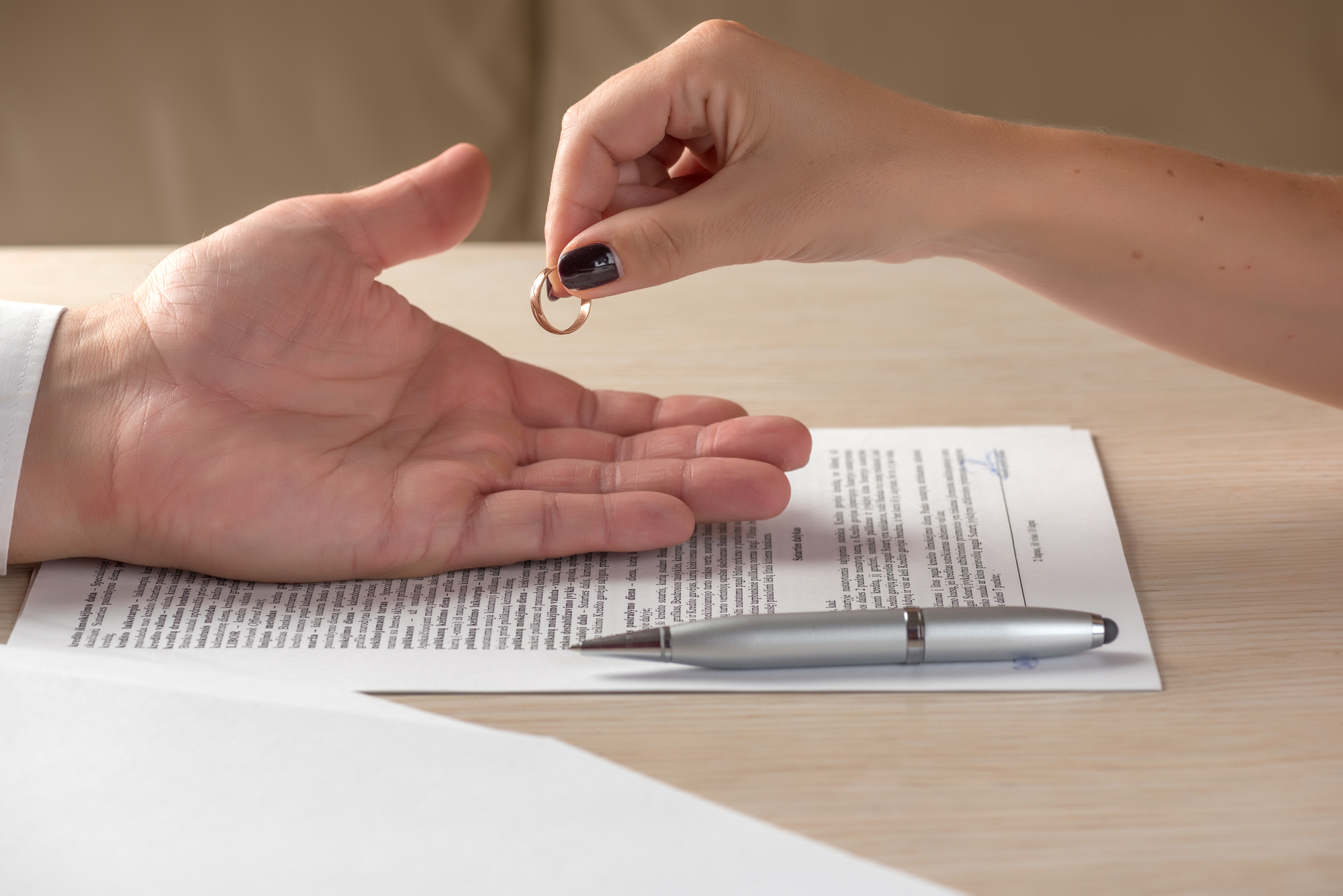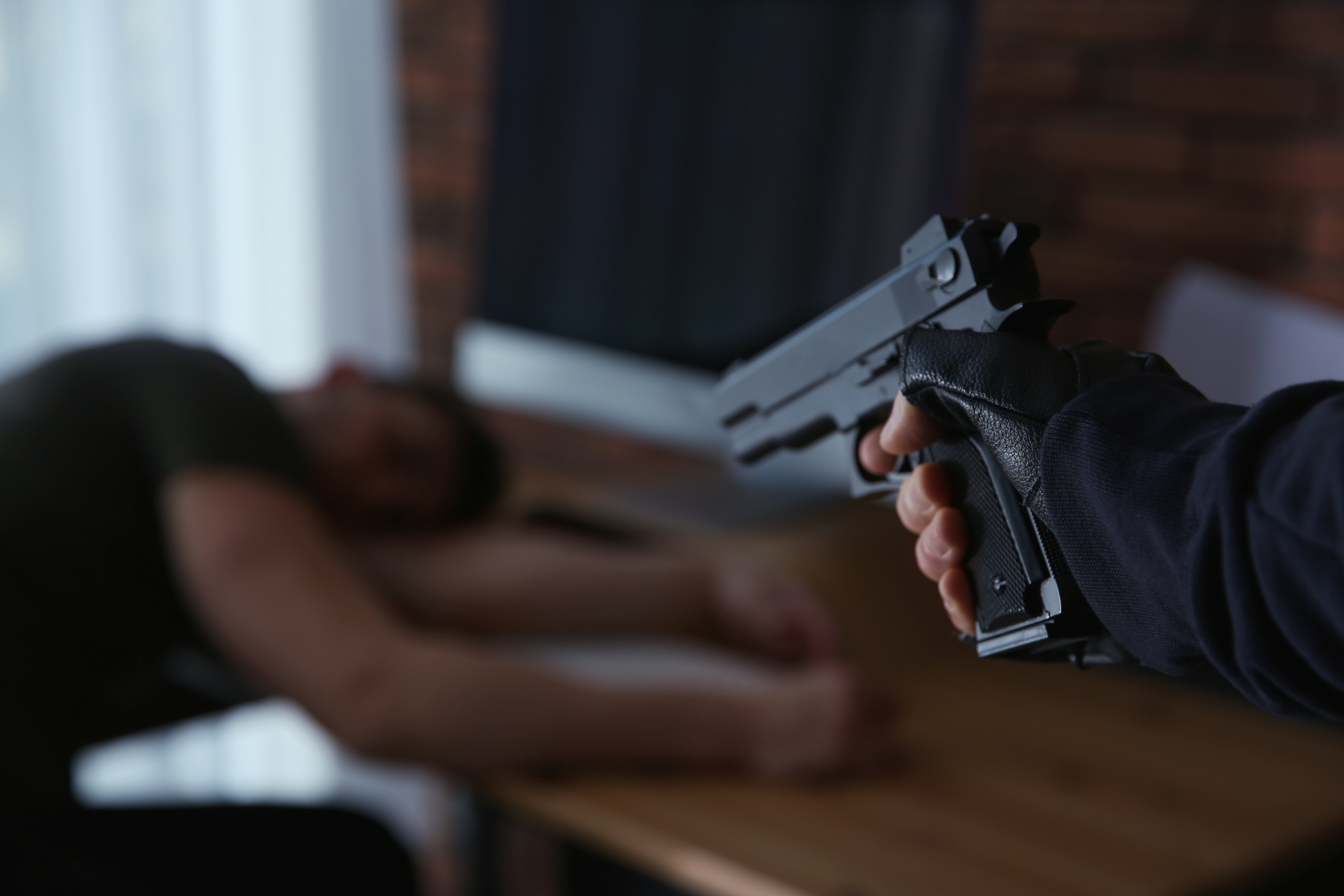Self-defense in Florida is an affirmative defense in which you don’t deny the acts laid out by the prosecutor but claim that under Florida law, you had the right to take those actions to defend yourself or others. Can you go to jail for self-defense in Florida? Not if your lawyer can show that you used justifiable force against another person.
Your emotions can run high after you defend yourself or others. Given the circumstances, you did what you felt you had to do. You acted in a way that is otherwise against the law and perhaps against your nature. The legal system is involved, and you may be fighting for your freedom.
If you are charged with a crime involving force and feel that self-defense or stand your ground laws protect you, experienced Florida self-defense lawyers can help you make your case.
How Do You Prove Self-Defense?
To prove self-defense, you must be able to establish the following:
1. You had a right to be where you were and were not engaging in criminal activity.
2. There was an imminent threat.
3. The level of force you used was reasonable under the law.
4. You were not the initial aggressor.
The specifics of how you prove these four elements of self-defense depend on the circumstance of your case. There are also exceptions in which self-defense is not a valid claim. A knowledgeable attorney can listen to the details of your case and let you know if self-defense is a viable option.
Self-Defense Laws in Florida
Florida self-defense laws are set out in Florida Statute 776.012 for justifiable use of force in defense of self and others. They extend further in Florida Statute 776.013 for the justifiable use of force in a dwelling, residence, or occupied vehicle. These defenses apply under criminal and civil law.
These statutes reflect changes to Florida law in 2005 that introduced the stand your ground doctrine to Florida law. Before the introduction of stand your ground, there was a duty to try to retreat in certain situations before using force. Stand your ground removed that duty to retreat, and that change is now reflected in laws covering the defense of home, self, and others.
Under Florida law, police can use standard investigative procedures in potential self-defense cases. They cannot arrest you unless they determine that there is probable cause to believe that your threat or use of force was not lawful.
What is Considered Self-Defense in Florida?
Conditions under which these self-defense laws apply include the following:
- You can use or threaten to use force, but not deadly force, if you reasonably believe it is necessary to protect yourself or others against an imminent, unlawful force. You do not have to try to retreat before using, or threatening to use, force.
- You can threaten to use or use deadly force if you reasonably believe that the force is necessary to prevent the imminent death or great bodily harm of yourself or another.
- You can also use or threaten deadly force to prevent the imminent commission of a forcible felony. This includes manslaughter, murder, sexual battery, burglary, kidnapping, and other serious crimes enumerated in the statute.
Self-defense cases are complex, and your success depends on how well your attorney presents your circumstances. They must convince a judge or jury that a proper interpretation of the facts and the law justifies using force. If you are arrested in a case you thought was self-defense, you need an attorney with intricate knowledge of self-defense laws to avoid a prosecution.
Exceptions to Florida Self-Defense Law
You cannot claim self-defense to justify your actions in several circumstances. These exceptions to self-defense laws in Florida include the following:
- You cannot claim self-defense if the person you used force against had a right to be there, and there is no injunction against it, such as an order of protection.
- You cannot use force against someone removing their child or grandchild or another person over which they lawfully have custody. Removing someone over whom they have custody is not kidnapping.
- You cannot use force if you are engaged in criminal activity or using your home or vehicle to further illegal activity.
- You cannot claim self-defense for using force against law enforcement officials who properly identified themselves or if you knew or reasonably should have known that they were law enforcement.
- With some narrow exceptions, you cannot claim self-defense if you were the initial aggressor in the events that led to your charges. Your attorney will have to prove that you tried every means to leave or made it clear you wanted to withdraw, and the other party continued the conflict anyway.
If you fear your circumstances might fit one of these exceptions, hire a skilled self-defense lawyer immediately. Without one, the answer to “Can you go to jail for self-defense in Florida?” could be “yes.”
How Do You Prove Self-Defense? A More Detailed Look
To prove that self-defense is valid, your attorney must show that what you did fits Florida self-defense laws in those circumstances and that no exceptions exist to move your prosecution forward.
You Had a Right to Be Where You Were
Your defense starts by showing that you had a right to be where you were and were not engaged in criminal activity. This may be straightforward in many self-defense cases, such as when you are in your home watching TV with your family when someone breaks in. If you’re unsure about your rights in such situations, consulting with an Orlando family lawyer can provide clarity.
There Was an Imminent Threat
You also must prove that there was an imminent threat to claim self-defense. In some cases, imminence is assumed under the law, such as when reacting to a forcible felony. Other cases present a gray area, such as when the defense claims imminent danger, and the prosecution argues that the threat did not exist. In these complex scenarios, having an experienced felony lawyer by your side can make a significant difference in the outcome of your case.
You Acted in a Reasonable Manner
Another aspect of your self-defense case is proving that your actions were reasonable, given the threat presented. The judge or jury must see your actions in such a light that a reasonable person would have taken the same steps under the law.
A strong self-defense claim shows you were right under the law to defend against someone’s actions.
You Were Not the Initial Agressor
In a well-known Florida case, Michael Drejka claimed self-defense following a confrontation in a parking lot. Mr. Drejka argued with the victim’s girlfriend over a parking space, and the victim pushed him to the ground. Mr. Drejka shot and killed him.
Beyond arguing that he was the initial aggressor, prosecutors proved through a video that the man Mr. Drejka shot was backing away at the time of the shooting. That undermined the defense’s claims that the threat was imminent. The jury found him guilty of manslaughter.
When Can Your Attorney Raise Your Self-Defense Claim?
Your attorney can file a pretrial Motion to Dismiss, claiming you have immunity from prosecution under the law. You will then have a pretrial hearing before a judge where both sides present evidence. The burden of proof is on the prosecution to show clear and convincing evidence that self-defense laws don’t apply in your case.
If the judge does not grant your Motion to Dismiss, your appeal lawyer can file a Writ of Prohibition with the appeals courts. These writs are designed to show that the judge in your immunity hearing did not apply the law correctly. Our self-defense attorney Michael Panella’s successful use of a Writ of Prohibition is how Mr. DeRossett was freed in his case.
If your case moves to trial, the trial lawyer must represent you effectively, and the state must overcome your self-defense claim by proving beyond a reasonable doubt that you did not act in self-defense.
Is it enough to believe I was in danger of imminent harm?
Your lawyer must show that your belief that harm was imminent was reasonable. If someone you’ve never met rings your doorbell and makes no threats, threatening moves, or attempts to enter your home, the use of force to make them leave would likely not be considered reasonable.
Each self-defense case has specific circumstances, and you should have a self-defense attorney to help you defend your rights if you are unlawfully detained.
Get Vigorous Representation for Your Florida Self-Defense Case
What is considered self-defense in Florida? People sometimes mistakenly believe that their use of force was justified if they felt threatened. But the law requires more than that. Your actions must be deemed reasonable given the threat presented. Your use of force cannot fit one of the exceptions in the law that spell out when such force is not allowed.
When you believe you acted in self-defense, don’t face the possibility of losing your freedom and other serious consequences alone. The hard-working and skilled attorneys at Panella Law Firm have extensive experience in self-defense cases, successfully fighting for the rights of people potentially facing decades in prison.
We will thoroughly review the circumstances under which you used force and prepare to fight for your rights during a pretrial immunity hearing or a trial. If you need legal assistance with your self-defense case, call us today at 407-602-6559.
Attorney Mike Panella
For Mike Panella, the concept of zealous advocacy developed at an early age – fueled by what he perceived to be an unjust resolution in a personal family legal matter. Mr. Panella would later attribute his passion to defend the rights of those who stand accused to those inequities in the legal system he observed, and considered unjust. Before opening Panella Law Firm, Mr. Panella served as an Assistant Public Defender for Florida’s 18th Judicial Circuit Public Defender’s Office and worked hundreds of cases in both Brevard and Seminole Counties. Mr. Panella was undefeated at trial. [ Attorney Bio ]




